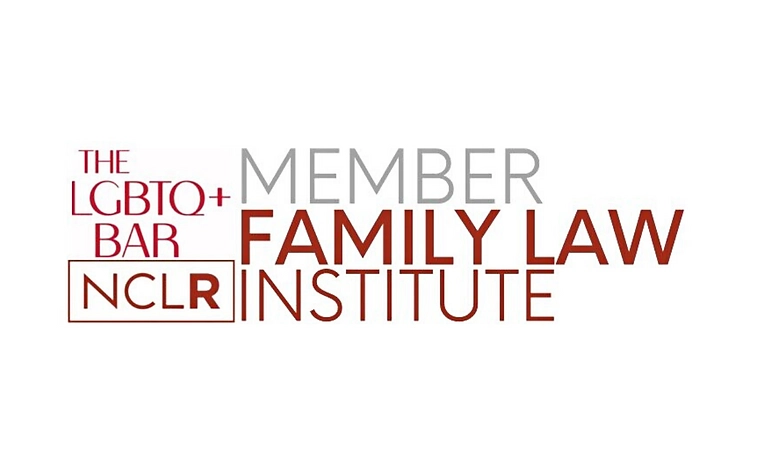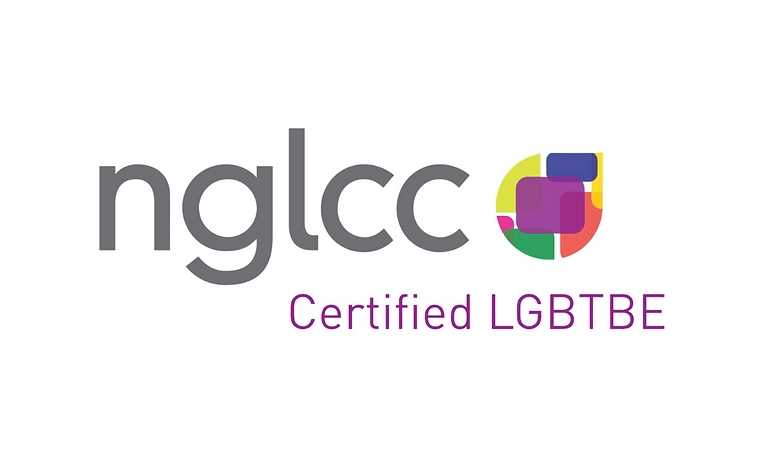Estate Administration Law Firm Resolving Complex Family Matters
- Home
- Estate Administration
Probate Lawyers Resolving Matters Throughout North Carolina
Are you facing the passing of a loved one, as well as dealing with the distribution of their assets? Is the family or business partners getting agitated about what will happen next? The attorneys at the Law Office of Crystal M. Ricahrtdson, PLLC, we understand exactly what you are going through.
Estate administration can be a convoluted and emotionally exhausting process. At our firm, we understand the multitude of challenges that can arise when dealing with the distribution of a loved one’s assets. Our seasoned team is here to provide clarity and support through our comprehensive estate administration and probate services.
We represent individuals and families through North Carolina, and our dedicated team is committed to guiding you through the process with compassion and expertise.
Practice Area
LET OUR ESTATE ADMINISTRATION LAW FIRM HELP TODAY
What is Estate Administration?
For a Swift and Strategic Outcome, Trust Our Estate Administration Attorneys
Estate administration, also known as the Probate process, is the process estates must undergo before the decedent’s assets can be distributed to beneficiaries pursuant to the decedent’s will, or if there is no will, pursuant to the laws of intestate succession. The Executor, if there is a will, or Administrator, if there is not a will, is responsible for overseeing the estate once they are officially appointed to the role by the court.
Responsibilities of the Executor/Administrator, also known as the Personal Representative, include:
- Creating an inventory of assets and their value at the time of the decedent’s death
- Securing and preserving the decedent’s property
- Satisfying any outstanding obligations to the decedent’s creditors
- Preparing periodic accounting
- Keeping beneficiaries reasonably informed about administration
- Litigating on behalf of the estate, if necessary
- Making timely distributions to beneficiaries
The Executor is considering a fiduciary, which means that they have a sworn duty to always act in the beneficiaries’ best interest. If they do not, they could be sued.
Why Would An Estate Administration Attorney Be Needed?
Estate administration matters can be complex with paperwork, deadlines, accounting, and legal rules, so you may need an estate administration attorney.
There is little room for mistakes, misconduct, or negligence when dealing with estates, as they can cause financial harm to the estate or threaten the inheritance of the beneficiaries.
How Do I Start to Interpret A Will?
One of the first things you need to do as the Personal Representative of the Estate is to determine if the decedent had a Last Will and Testament. You may need an estate administration attorney to help you interpret the will instrument. This can be difficult to do if you do not have legal expertise or knowledge of estate planning to help ensure it is correctly interpreted. A lawyer should be consulted about the matter immediately, so that they can file a petition with the court if further clarification of the will instrument is needed.


What Are The Duties and Responsibilities of the Executor?
One of the main duties of the Executor of an estate is to handle the decedent’s financial obligations. Executors have so many financial responsibilities during administration that it can be difficult to keep track of them all. They not only have to create an inventory of estate assets and record any time asset enters or leaves the estate, but they also have to satisfy the decedent’s debts, pay their taxes, and prepare periodic accountancy to share with beneficiaries and the court.
It is easy to feel overwhelmed with these duties, however, you do not have to experience this alone. By contacting an attorney, you relieve some of the pressure off of you to handle these matters, putting them on the estate administration attorney to handle on your behalf and to ensure all of these responsibilities are properly handled.
As a fiduciary, an Executor is expected to abide by certain fiduciary duties or you could face a breach of duty claim. These duties include:
- Acting in the beneficiaries’ best interests at all times
- Avoiding conflicts of interests
- Avoiding impartiality by favoring one beneficiary over another
- Not making risky investments
- Not carrying out financial transactions for personal gain
- Not misappropriating, misusing or mismanaging assets
- Providing beneficiaries with accountancy and information about administration
- Making distributions to beneficiaries in a timely fashion
- Keeping the assets of the estate separate from personal assets
What is Involved When Making Distributions?
One of the final steps in the estate administration is making timely distributions to beneficiaries. This responsibility may seem straightforward, but it frequently is not, and can be filled with tax complications and other issues. An experienced attorney, with the assistance of your tax adviser, will have the skills to correctly calculate, allocate and distribute each beneficiary’s share.

Choose A Trusted North Carolina Estate
Administration Law Firm
Estate Administration has been at the core of the firm’s foundation since inception, and our team boasts deep expertise, experience, and insights into this area of practice and the laws which govern it.
The Law Office of Crystal M. Richardson, PLLC, has become the trusted law firm for individuals and families, any class to high class, who are seeking to resolve estate administration and probate issues at any stage. Our approach to resolve these matters is strategized by an attorney who is cognizant of our client’s ultimate goal. Whether it pertains to asset identification and valuation, court proceedings, creditor claims, tax implications, beneficiary disputes, and more – we are committed to delivering results that meet a client’s long-term goals.
When it comes to probate and estate administration matters in North Carolina, don’t take chances with your personal or businesses financial future, instead, choose the firm of Attorney Crystal M. Richardson today.
Contact us to schedule an initial assessment.
FAQs
1. Q: What is estate administration in North Carolina?
2. Q: What are the responsibilities of an executor?
3. Q: How long does estate administration typically take in North Carolina?
4. Q: What happens if someone dies without a will?
5. Q: How are debts handled during estate administration?
6. Q: Can the estate administration process be contested?
7. Q: Is probate required for all estates in North Carolina?
8. Q: Can an out-of-state executor administer a North Carolina estate?
9. Q: How are taxes handled during estate administration?
10. Q: What is the role of the Clerk of Superior Court in estate administration?
11. Q: Can the terms of a will be changed during estate administration?
12. Q: Are life insurance proceeds subject to estate taxes?
13. Q: Can an attorney help expedite the estate administration process?
14. Q: What happens if the deceased person owned property in multiple states?
15. Q: Can a person challenge the validity of a will in after it's been admitted to probate?
16. Q: What happens to digital assets during estate administration in North Carolina?
17. Q: How can I prepare for the estate administration process in North Carolina?





Contact Us
Phone: 336-805-6200
Email: info@CrystalRichardsonLaw.com
Mailing Address
265 Eastchester Drive
Suite 133, #111
High Point, NC 27262
Business Hours
Mon to Thurs: 9 a.m. to 6 p.m.
Fri: 9 a.m. to 3 p.m.
Sat and Sun: Closed